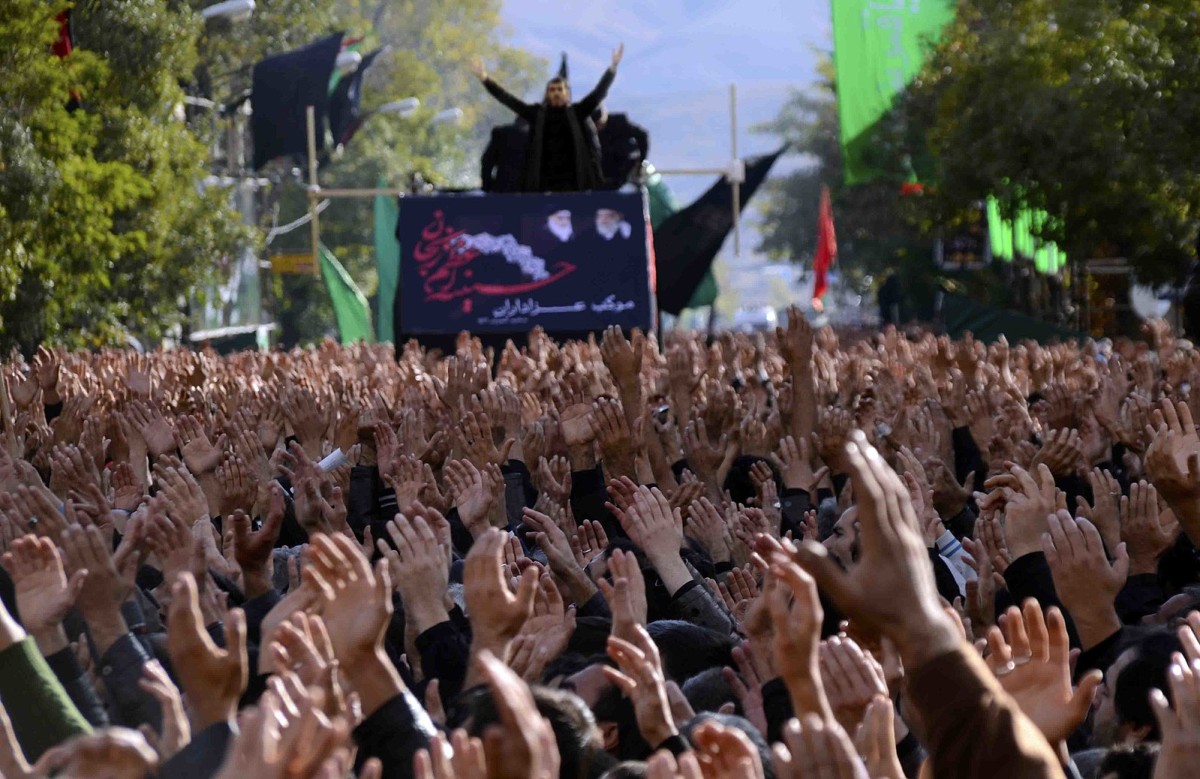Sponsored Content
Shia and Alevi Muslims Celebrate Ashura Festival
Ashura is considered the most important festival in Shia Islam and is significant for many Muslims worldwide. Devout Shiites and Alevis have gathered around the world for celebrations of the traditional festival of Ashura.
 Mourning of Muharram is held in majority of cities and villages in Iran by Shia Muslims annually. / Picture: © Wikimedia Commons, Payam Moein, CC BY-SA 4.0
Mourning of Muharram is held in majority of cities and villages in Iran by Shia Muslims annually. / Picture: © Wikimedia Commons, Payam Moein, CC BY-SA 4.0
Ashura is called the tenth day of the month of Muharram, the first month in the Islamic calendar. This day is significant for many Muslims, but especially for Shia Muslims, worldwide.
On this day, Shiites commemorate the death of Ḥusayn, the third Imam for them, at the Battle of Karbala. Imam Ḥusayn died in 680 AD in the Battle of Karbala. At that time, disputes…
or Log In
Fast News Search





